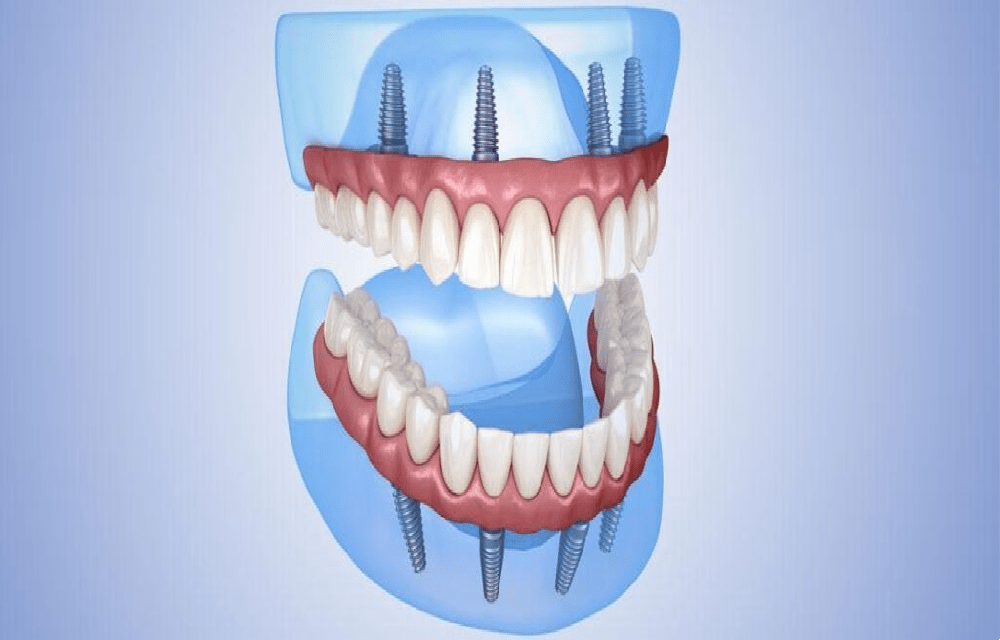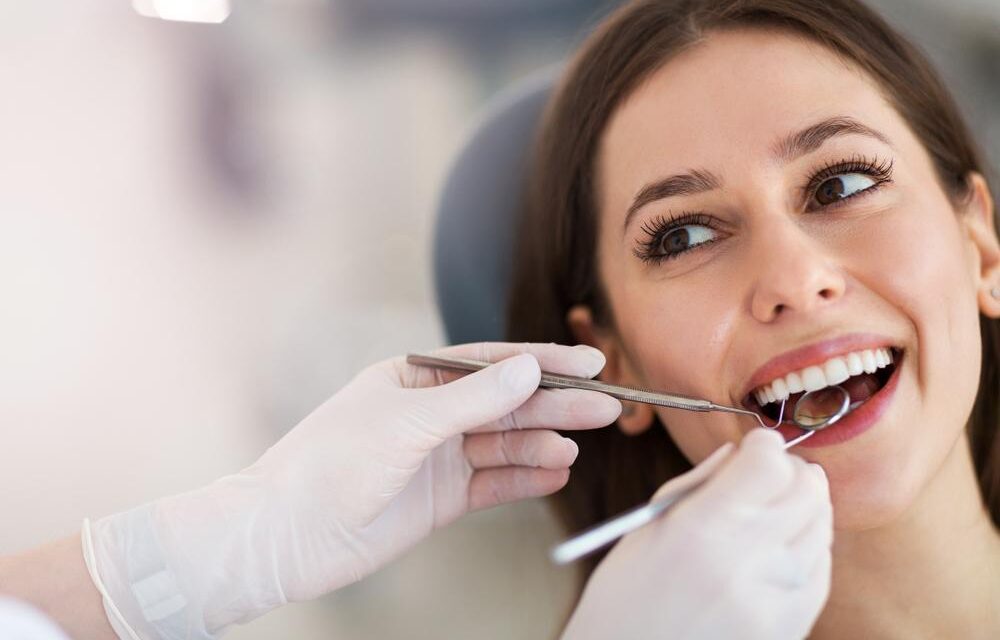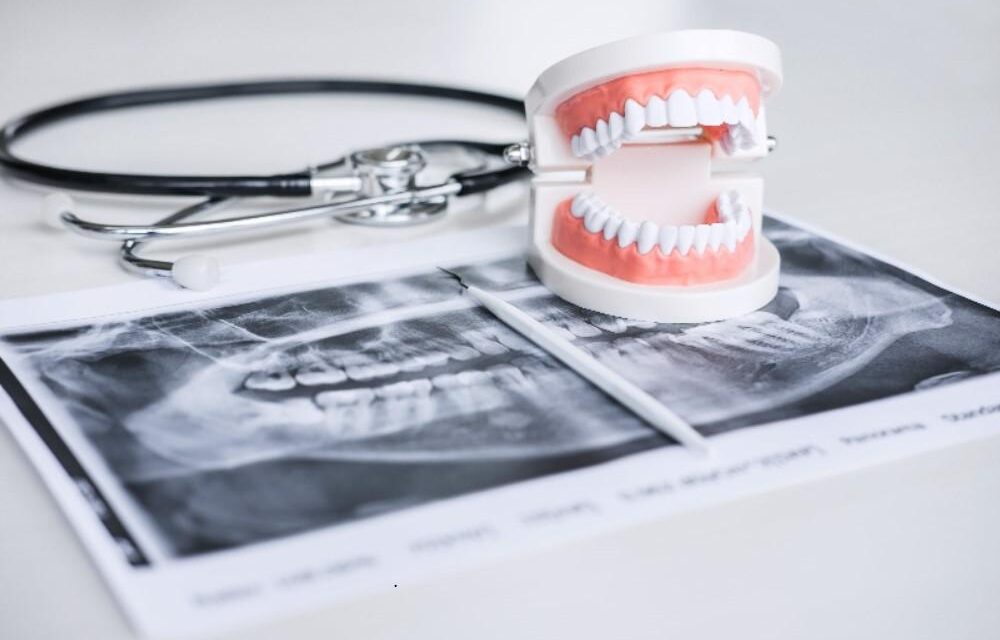
Lamina Diş Kaplama
İnce bir porselen tabakası olan lamina, doğal dişlere zarar vermeden dişlerdeki estetik sorunlara en doğal çözümü sunar. Dişin ön yüzeyinden 0,3 ile 1 milimetre arasında mine dokusu kaldırılır ve ölçüm sonrasında renk uyumu ve diş şekli seçilir. Hasta istekleri ve seçimleri sonrasında uygun lamina porselenler özel yapıştırıcılar ile dişlere yapıştırılır. Lamina porselenler birçok farklı amaç için yapılabilir. Örneğin; ön dişlerdeki boşlukları kapatmak, ön dişlerdeki çürükleri, kırıkları ve renklenmeleri gizlemek, ön dişleri estetik olarak güzelleştirmek.



